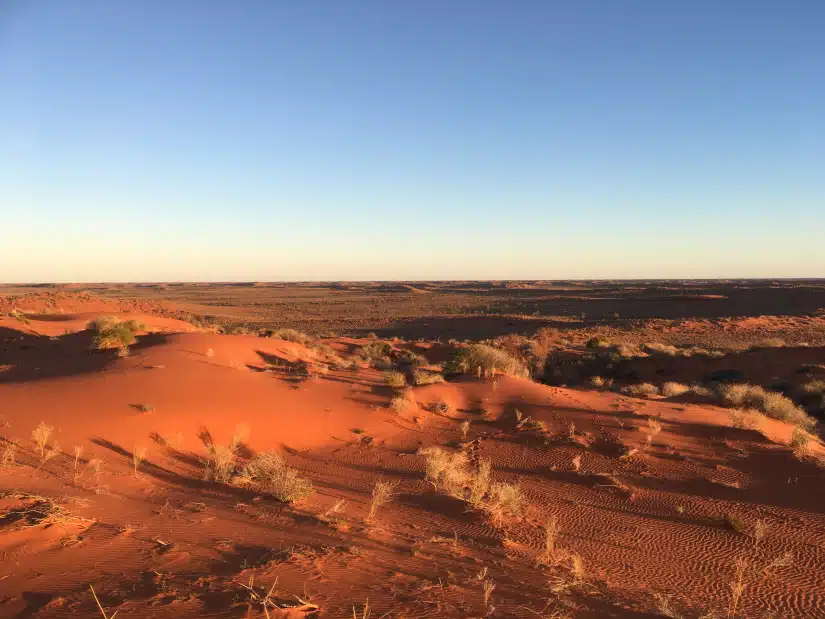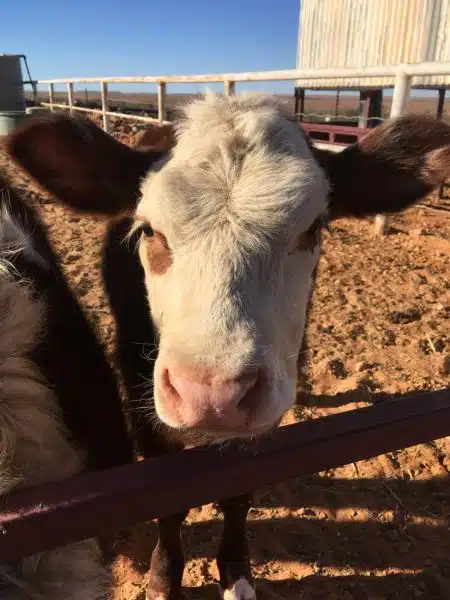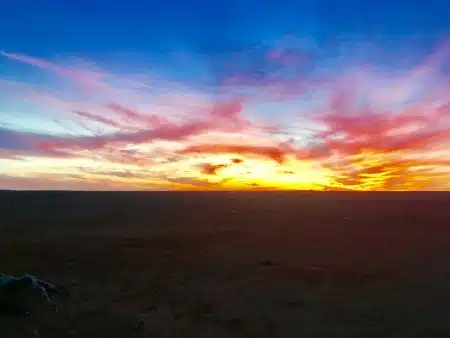One of the most common questions asked amongst travellers in Australia is “have you done your farm work?” If you’re keen to save money, get your 88 days for your second year visa and have a proper Aussie experience, working on a farm in outback Australia is for you. It can be challenging and enjoyable, hot and cold, tiring and fun, and it will certainly be something you will never forget. Here’s seven top tips for travellers out there thinking about farm work or already working in the outback.
- Tell people you’re going off grid. Don’t spend all your time trying to post pictures to Instagram or scrolling through Facebook for fear of missing out. It can all wait. Depending on where you’re going you’ll probably have limited phone signal and internet anyway. Of course you should keep in touch with friends and family, but don’t be glued to your phone all the time. Disconnect from social media for a while and enjoy living in here and now.
- Get organised and stock up before you go. In the outback there’s no convenient shop down the road when you need something. Stock up on toiletries like shampoo, soap, toothpaste, insect repellent, sun screen and painkillers – and maybe a bag of your favourite snacks. If you’re doing your three months all in one go, plan ahead and look at how much you’ll need for that period of time. You don’t want to be running out of deodorant by week four. If you’re working over autumn and winter, remember to take warm clothes too. It can get pretty chilly at night in the outback so you will need your beanie as much as your sunnies.
-
Friendly OBE Organic cow saying hello - Friendly OBE Organic cow saying hello
- Moisturise. Yes even you guys! Depending on where you’re going and the kind of work you’ll be doing, conditions can be very dry and your skin will start to crack which can be very sore and uncomfortable. I recommend buying a large bottle of body lotion and applying it daily, especially to your hands. It’s worth the space in your luggage and your skin will thank you in the long run.
- Talk to everyone you can. Chat to the local workers (not just fellow travellers), contractors, tourists and visitors. You will meet some really interesting characters and at times it can get lonely so making friends is key to having a good time. You never know who you might meet or what they might offer. I’ve spoken to some visitors for less than half an hour and they’ve given me their phone number and told me to call in if I’m in their neighbourhood. You could have your next job lined up for before you’ve even finished this one, and you could make some new pals for life!
- Ask questions. A lot of things which are second nature to experienced farmers will be brand new to you. You will have an induction and undergo any necessary training, but it’s still good to ask questions throughout your time on the farm to better your understanding of the work you’re doing. There’s no such thing as a stupid question and it’s definitely better to be safe than sorry. Farmers will probably use their own lingo and terminology you’ve not heard before and it may be presumed you know what they’re talking about. If you’re not sure, just ask, no worries!
- Embrace the farming way of life. If like me you’re used to the city life, living on a farm in the middle of nowhere will be a totally alien experience and it will take some getting used to. From limiting how much water you use to checking your shoes for creepy crawlies, your whole perspective and day to day routine will change. It will be tough at times and you will probably do jobs you won’t enjoy, but it’s all part of the unique experience and a chance to learn new skills.
- Take a photo every day. It doesn’t have to be a daily spectacular sunset but try documenting something from every day of your outback adventure. Living on a farm will soon seem very ‘normal’ when in fact it’s a way of life not many people in the world get to experience. Having plenty of photos to remember your time by is a great way to preserve your memories and ideal for showing friends and family exactly what your farm life is like.
Whether you’re working for one, three or six months, the time will fly by and you’ll soon be finished and onto your next adventure. The next time someone asks about farm work you’ll have great stories to tell, advice to give and memories to share. Be open minded, keep smiling and make the very best of it!
By Alex Jarvis “The Travelling Wilbury” – @alexjarvis23
Shout out to backpackers and employers: One way to help keep people safe on livestock properties is the Online Rural Property Induction at www.ruralinduction.com. Developed by OBE Organic and partners specifically for livestock properties, the course covers the key hazards such as working around livestock, safe use of bikes and machinery, fatigue and dehydration, and hazardous chemical safety. Access the training here: https://bit.ly/2HULsxd
Share This
-












